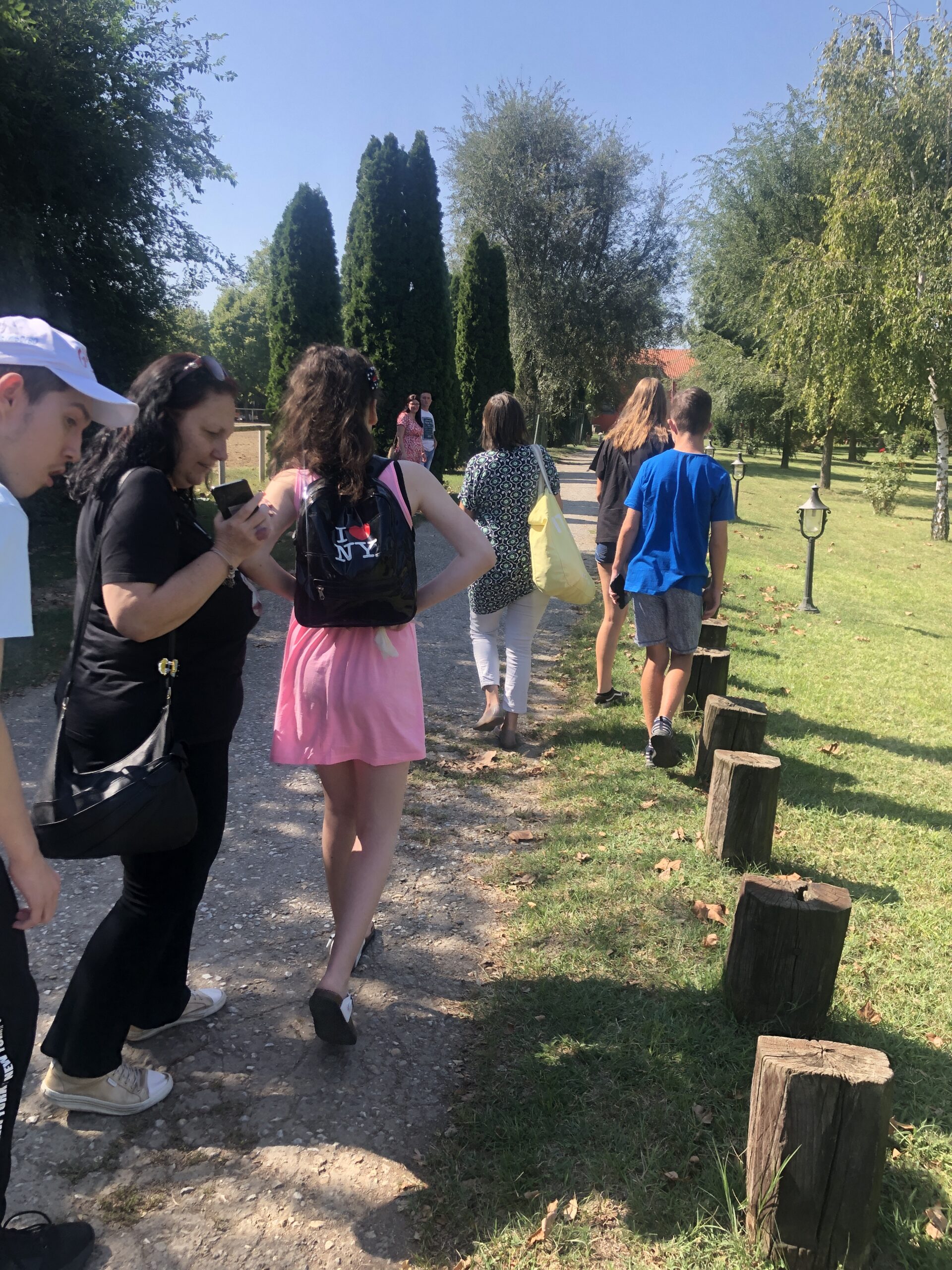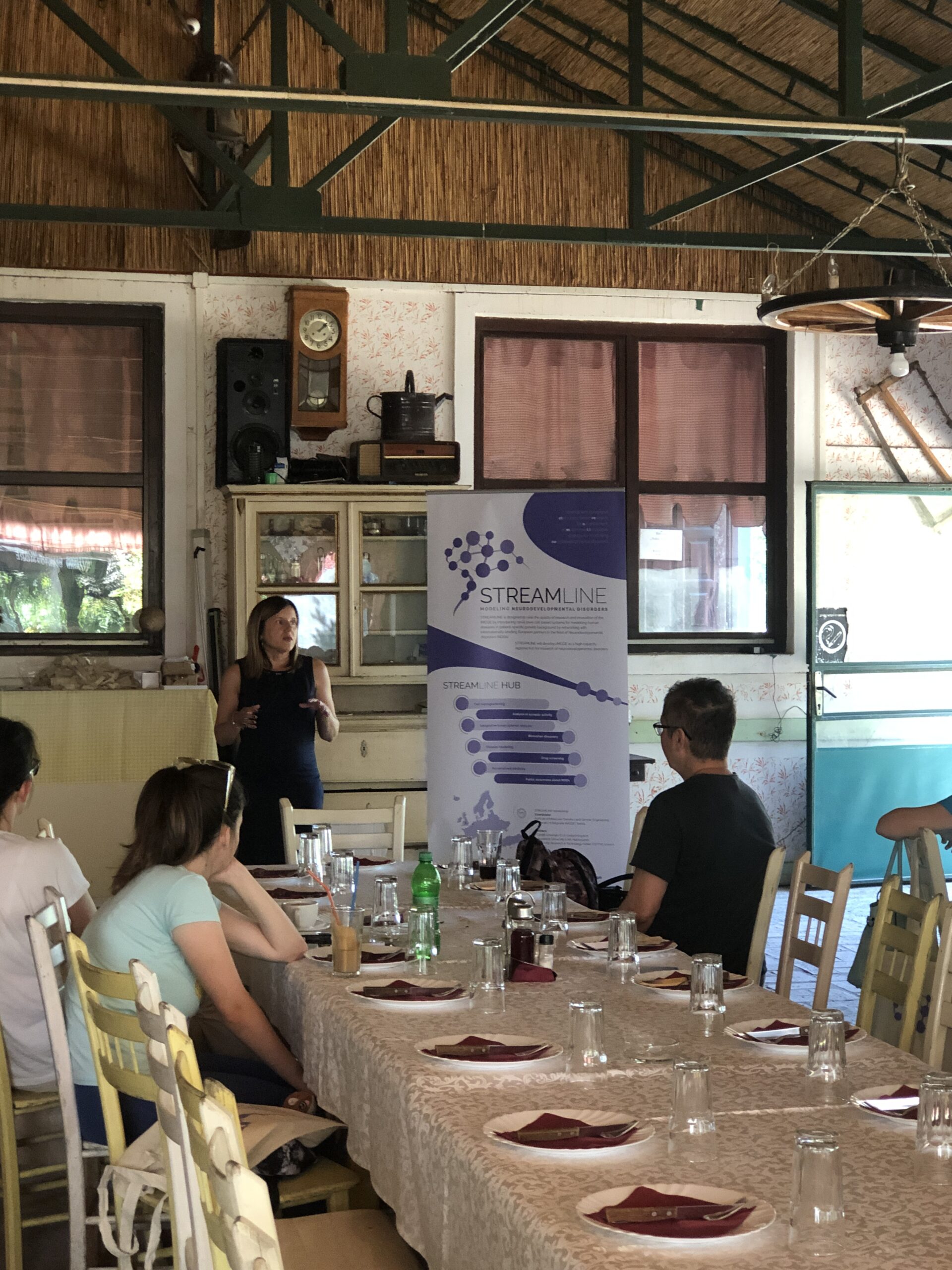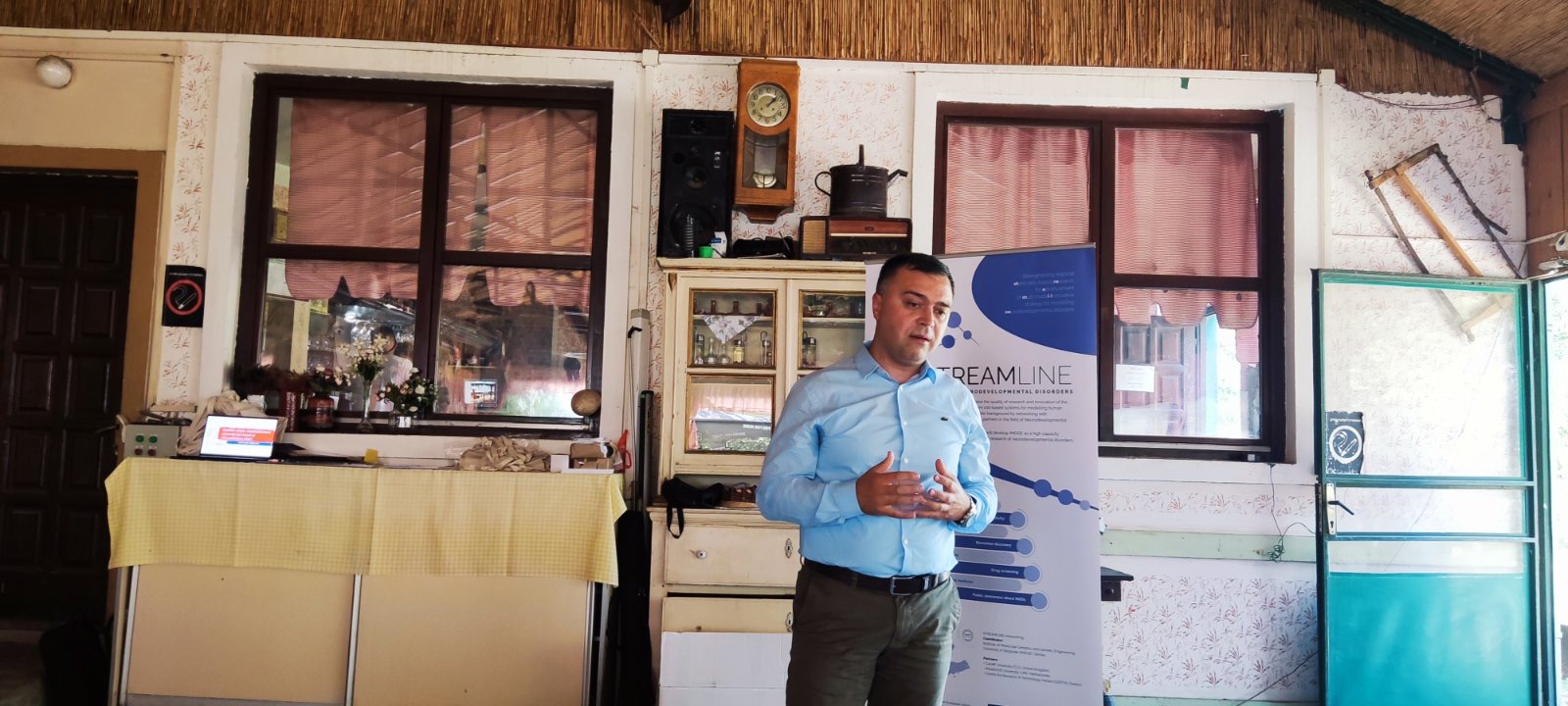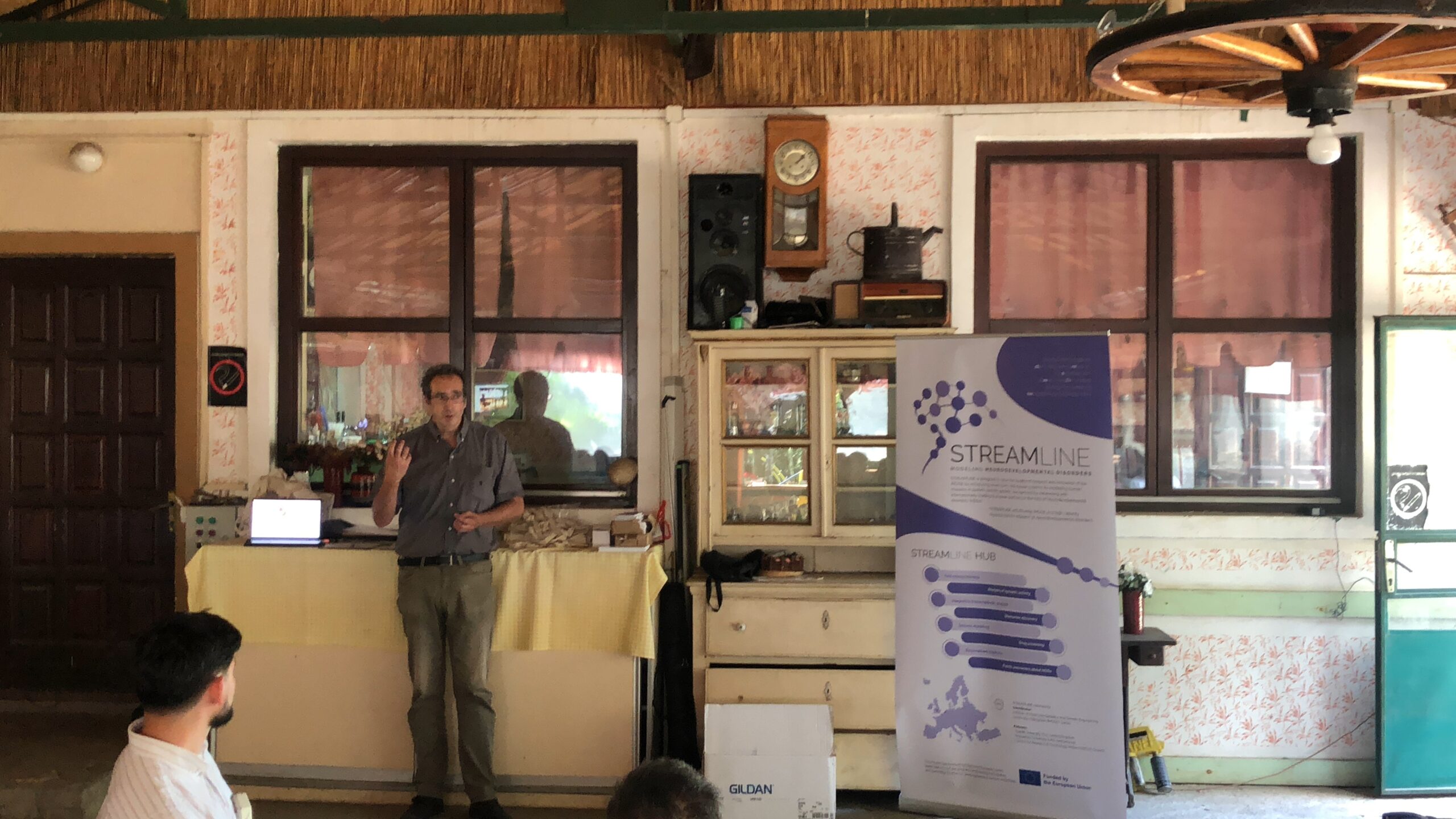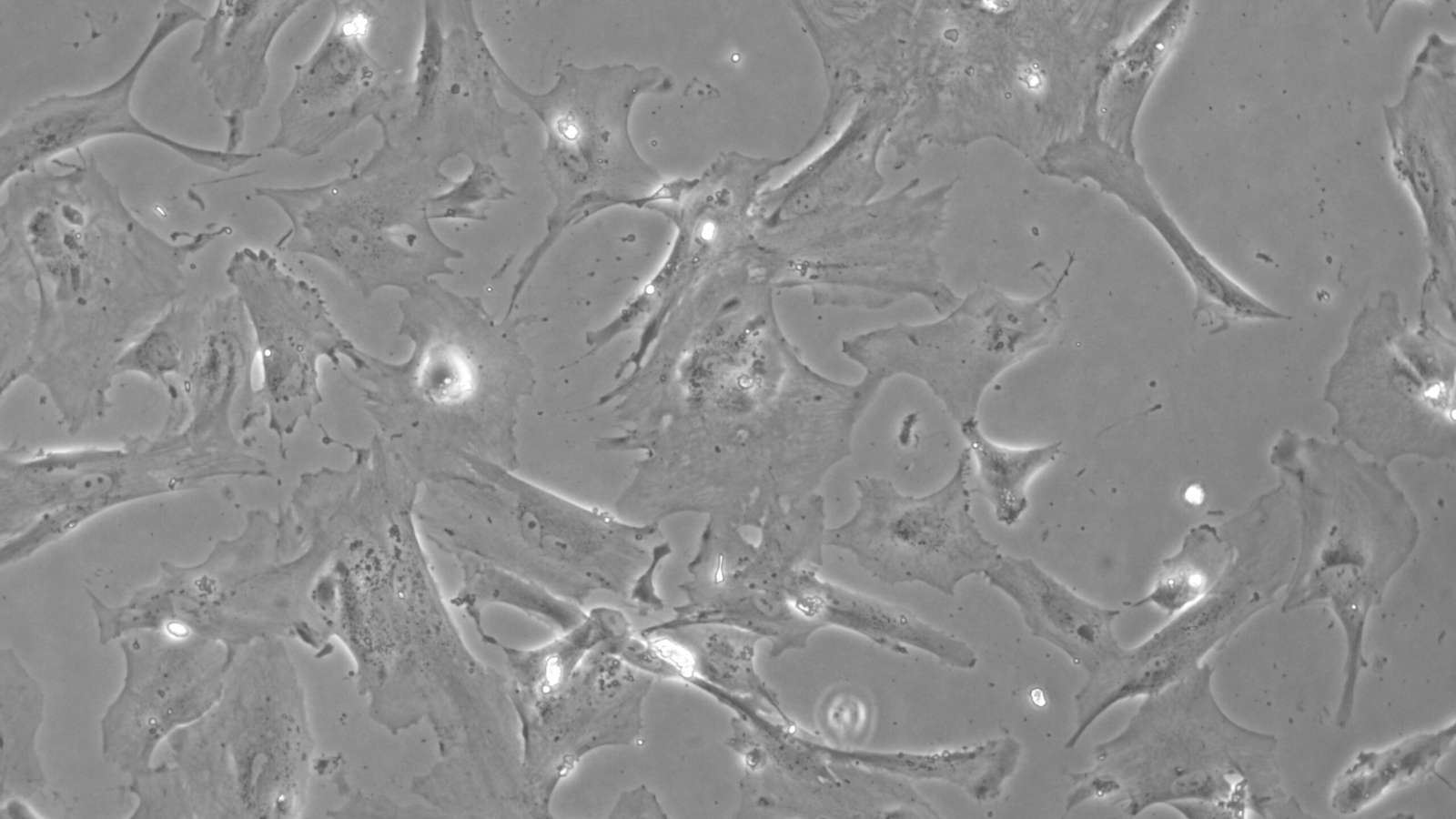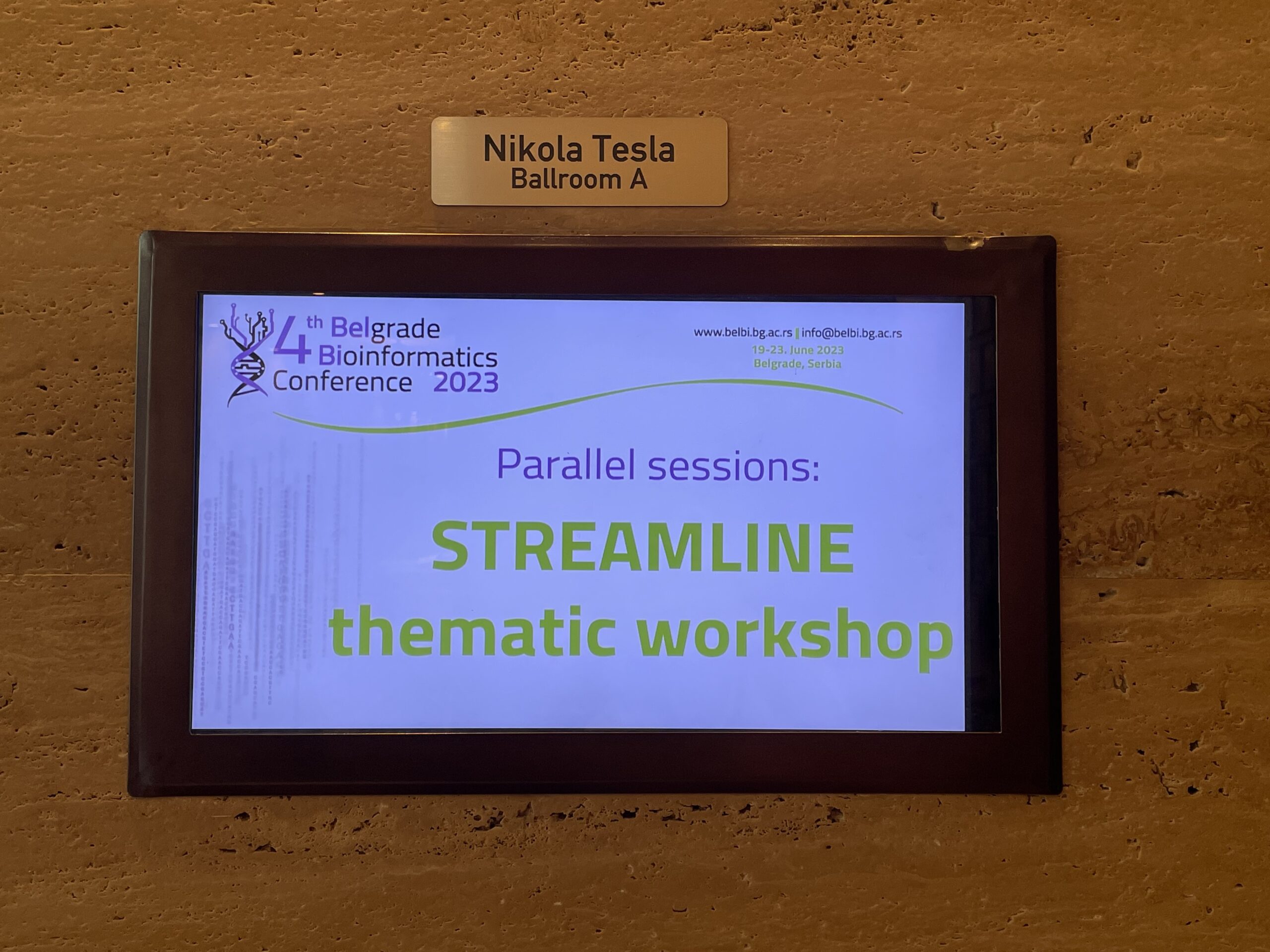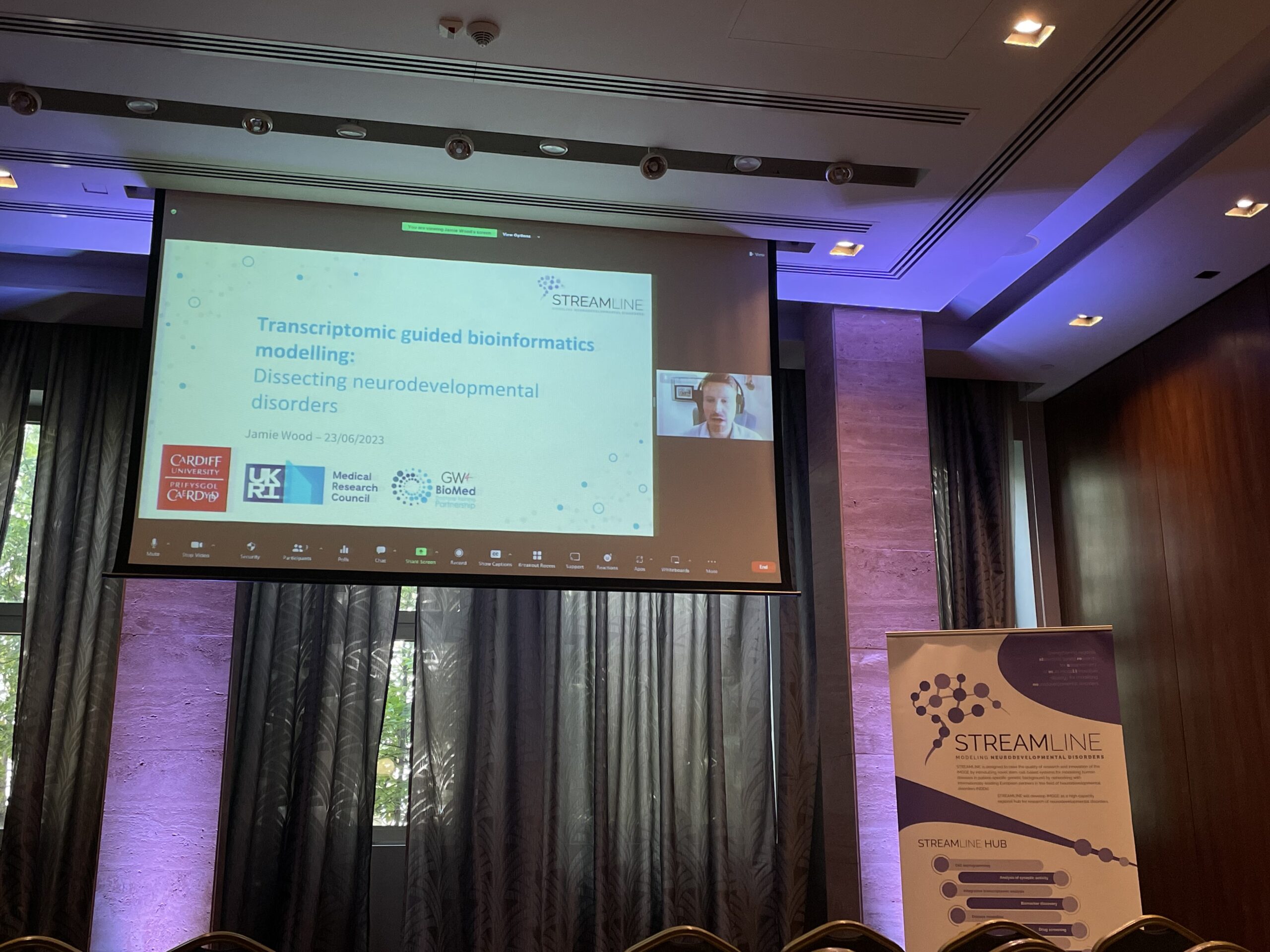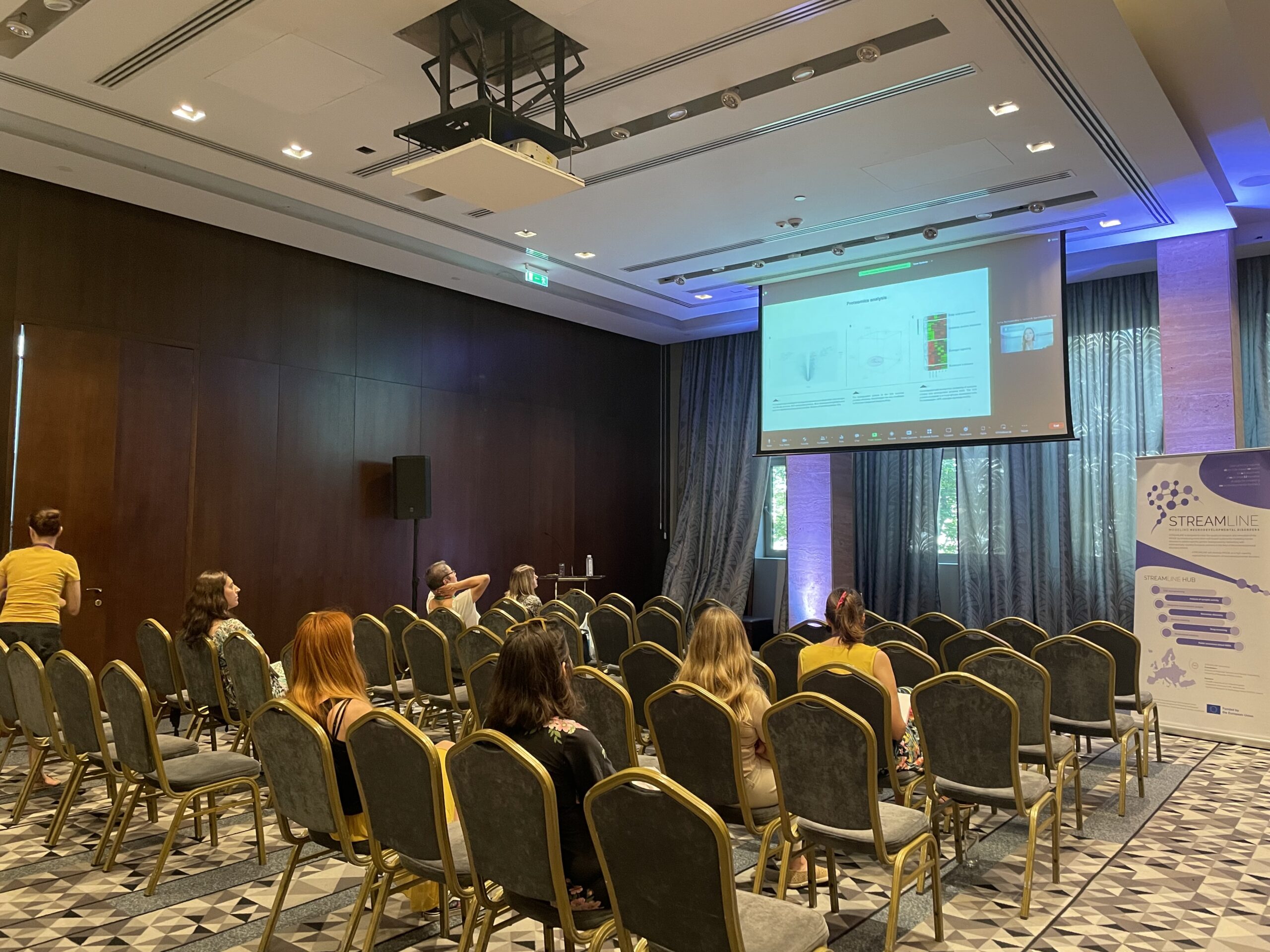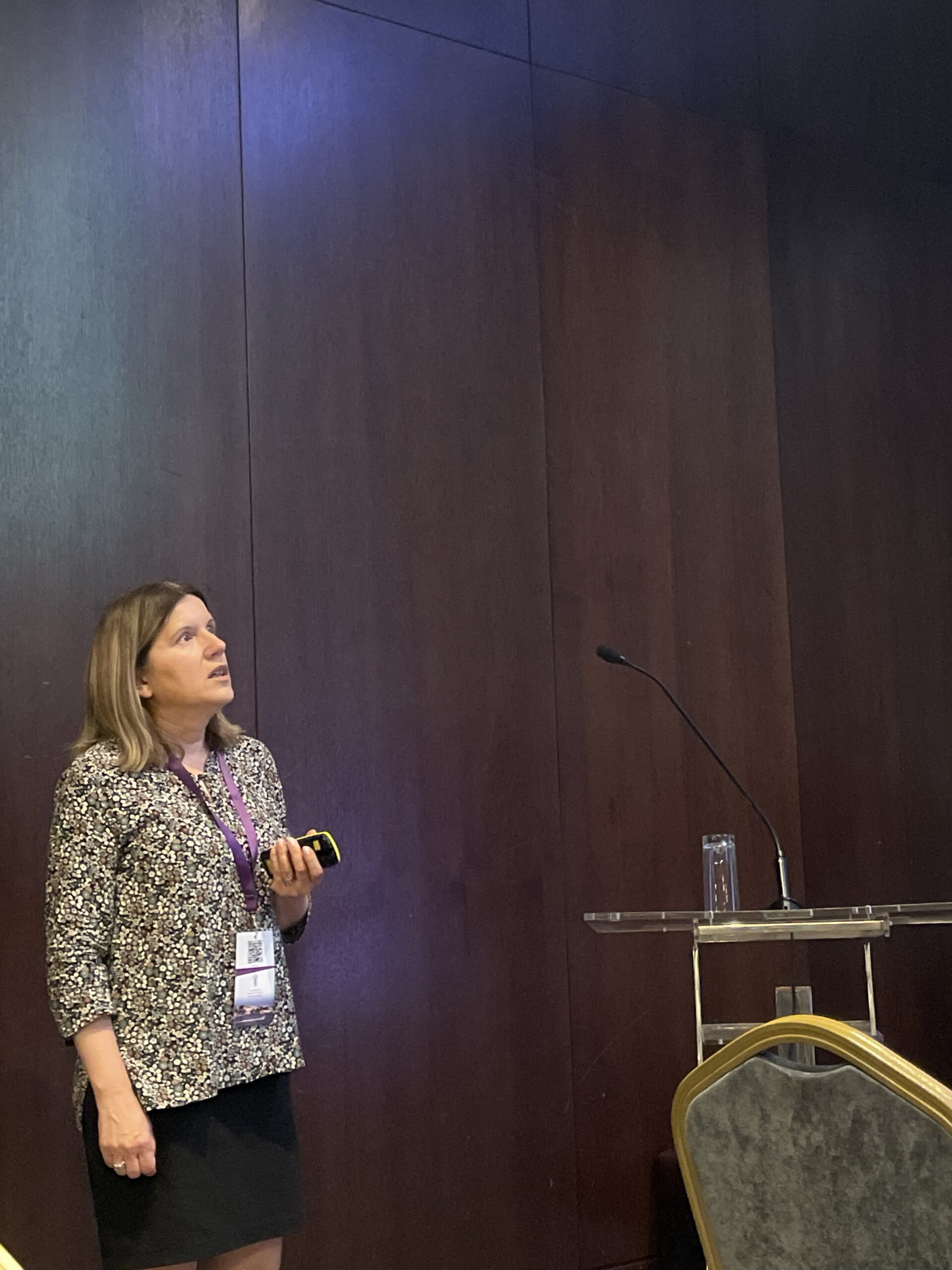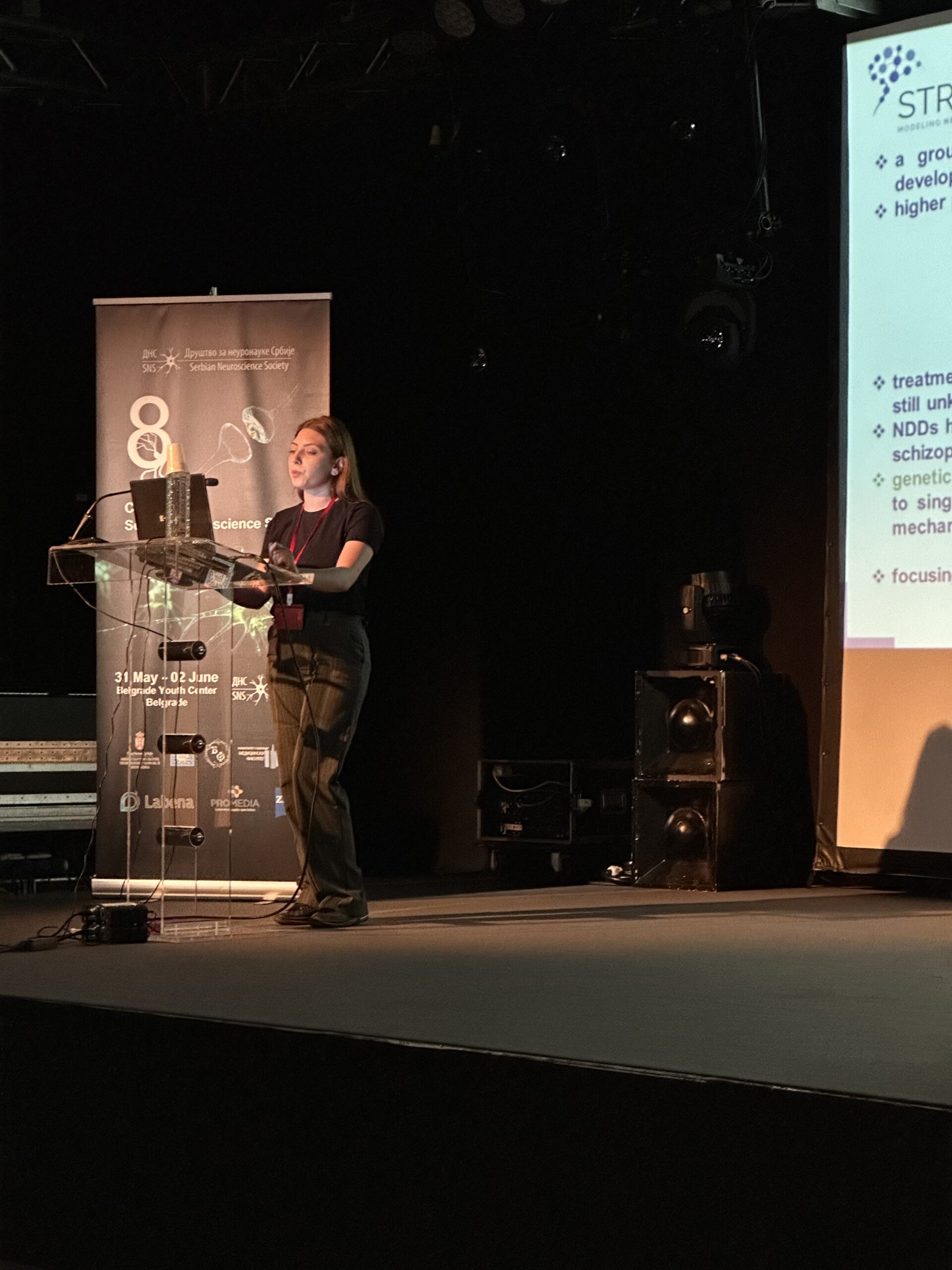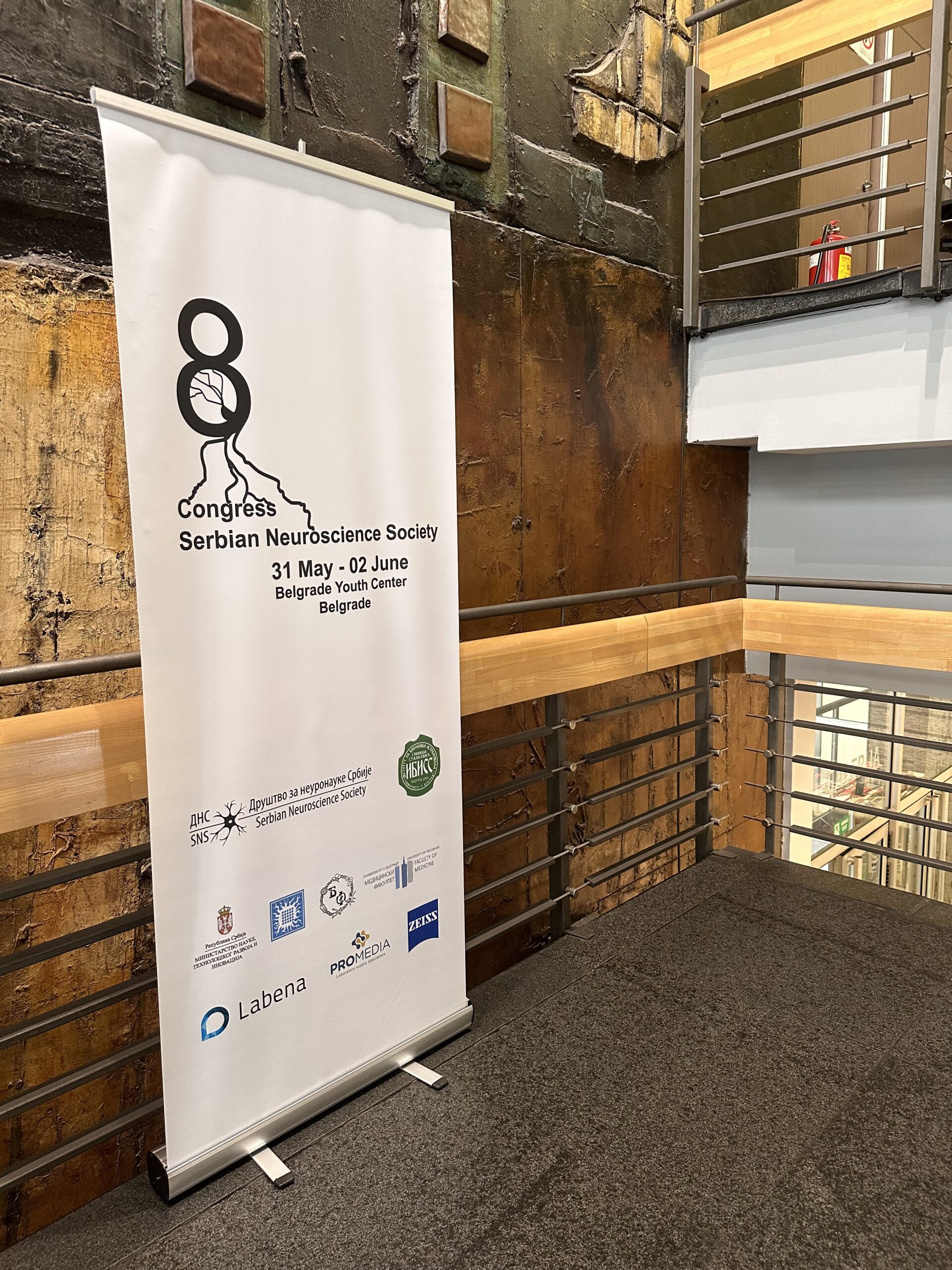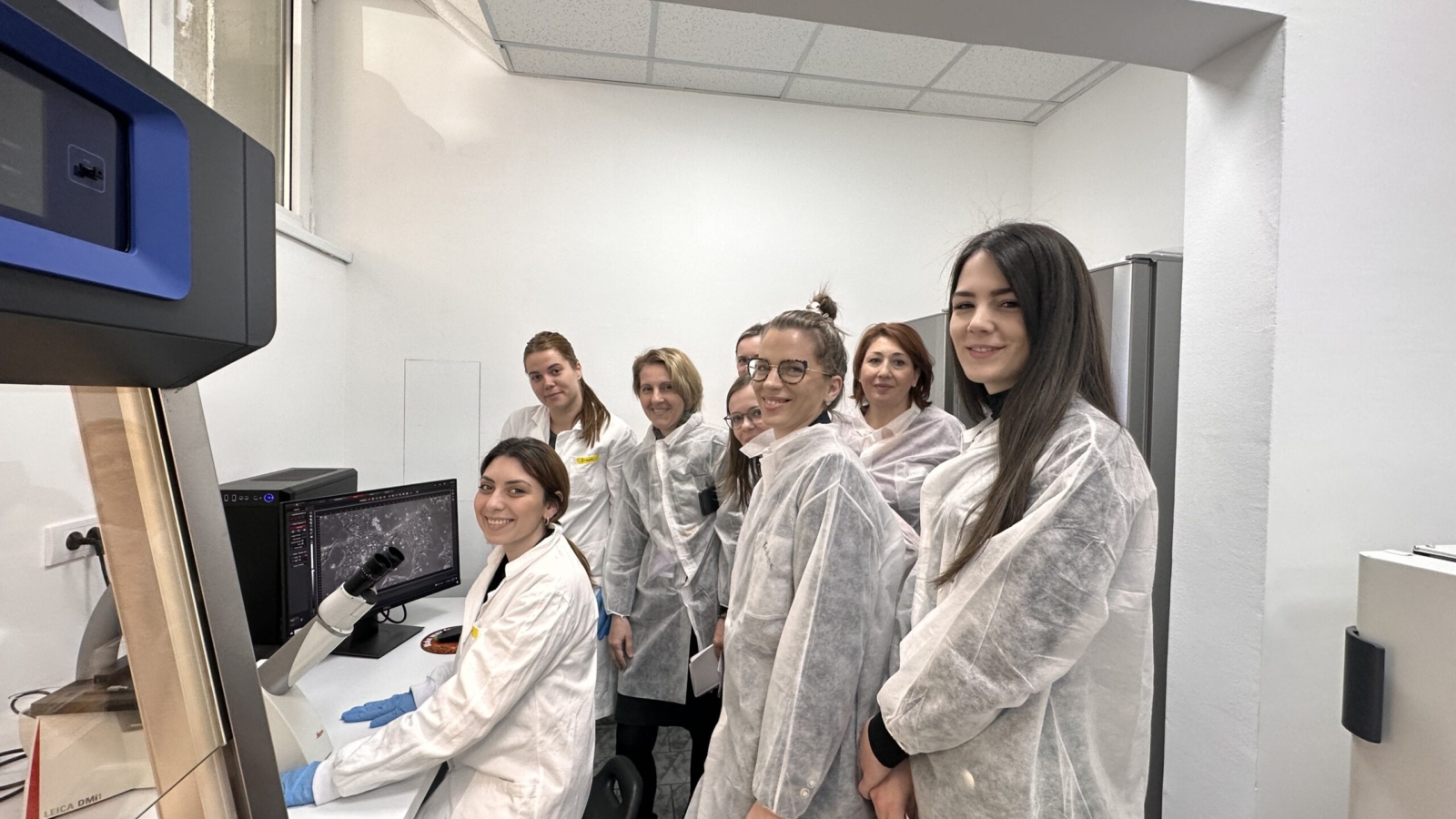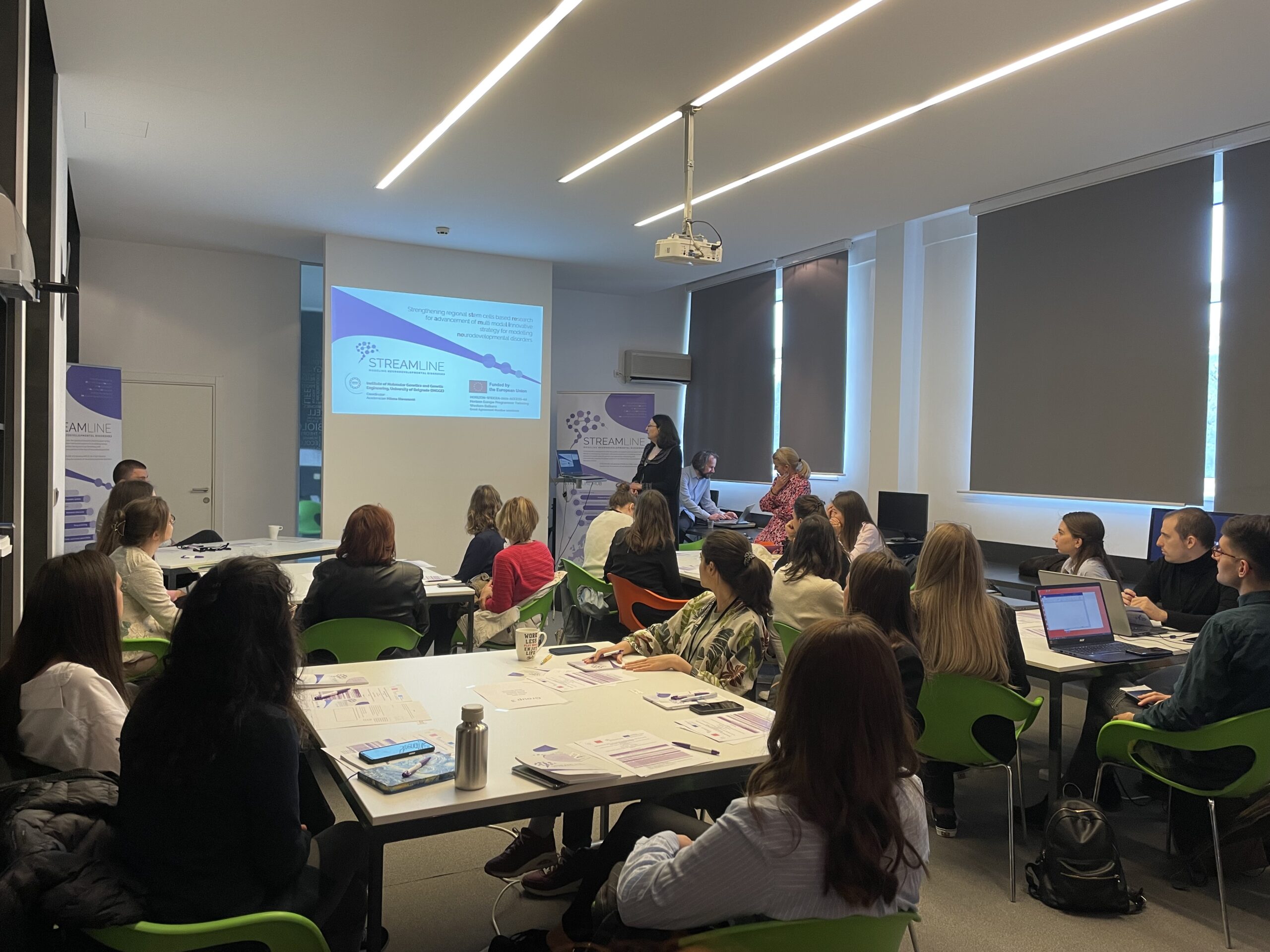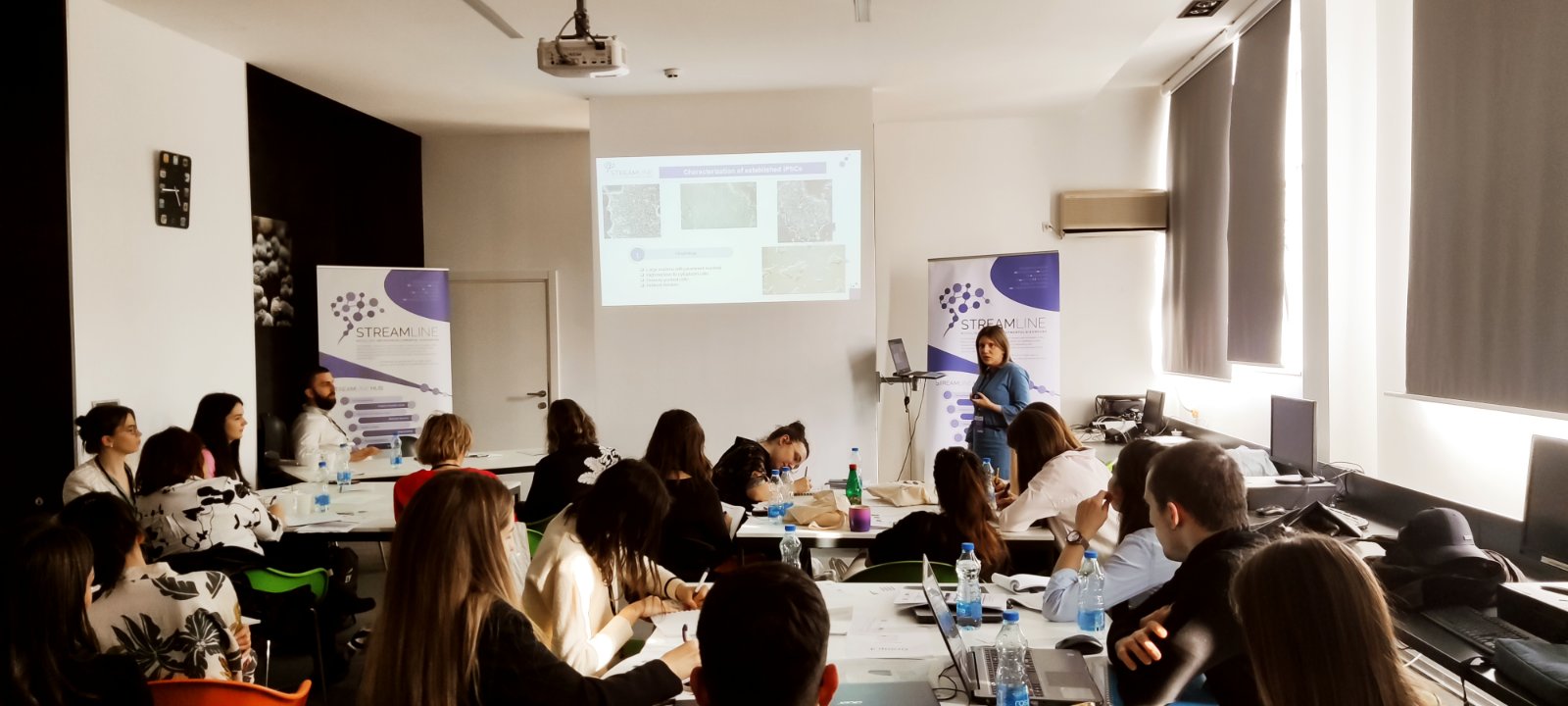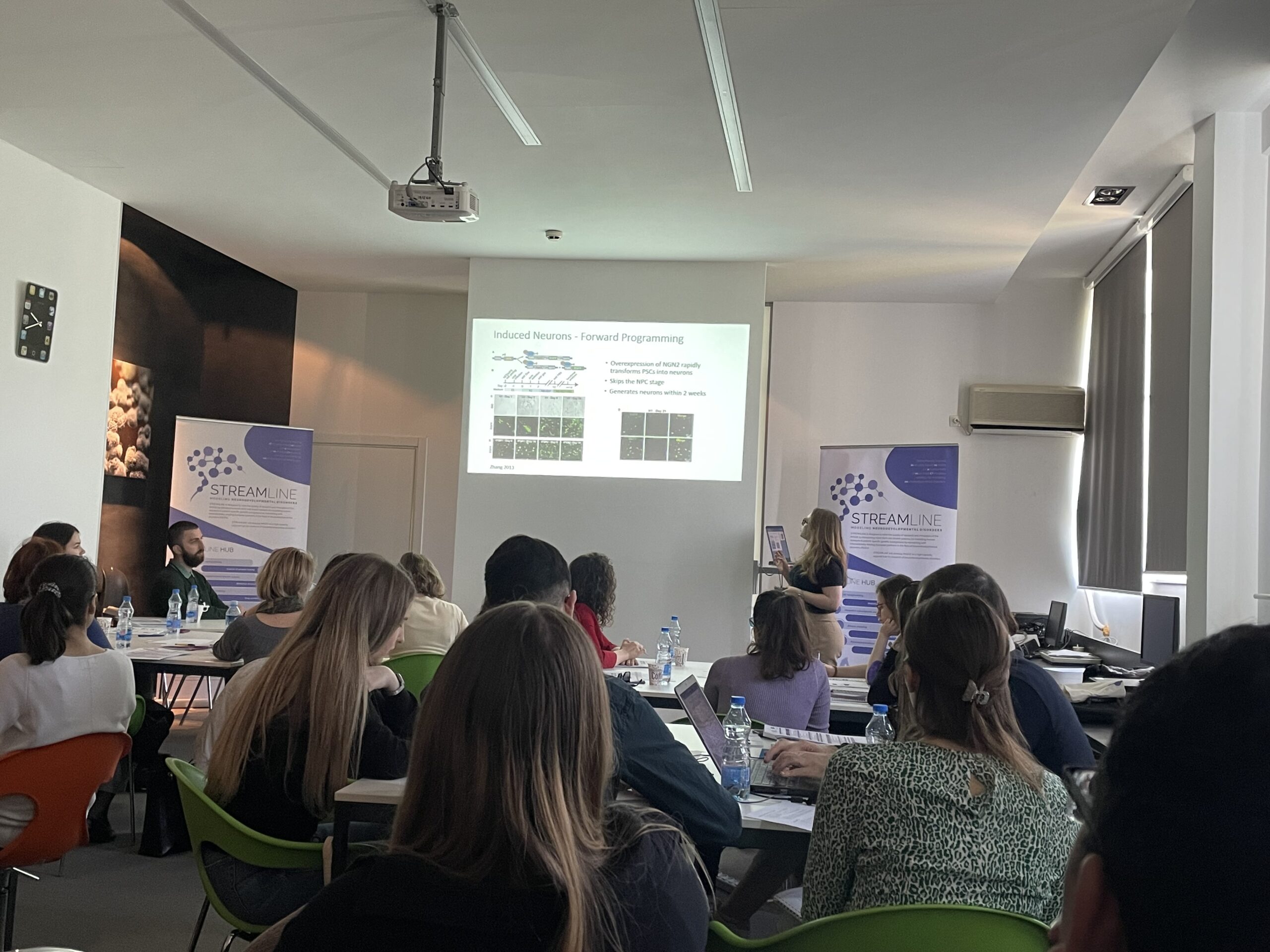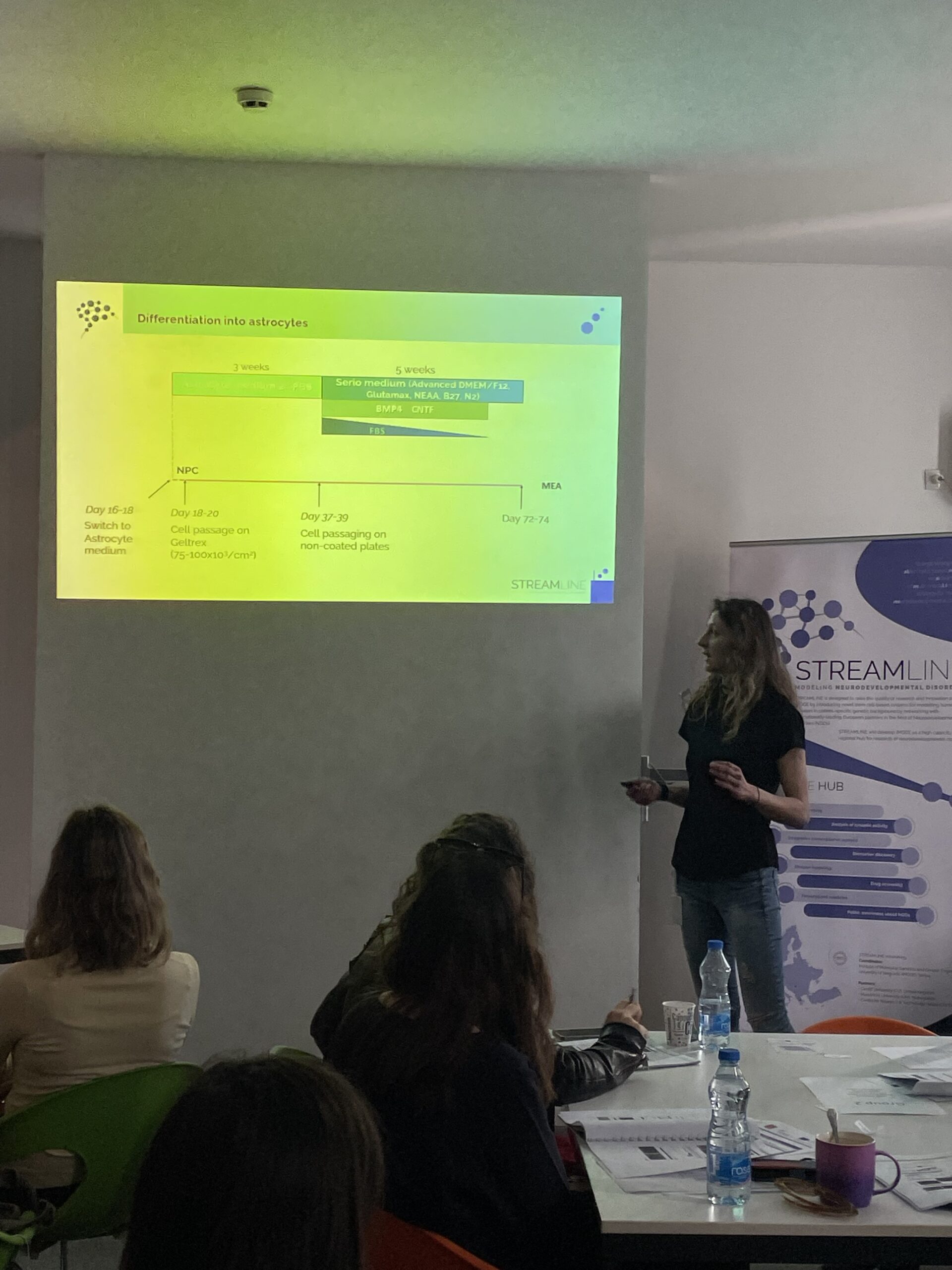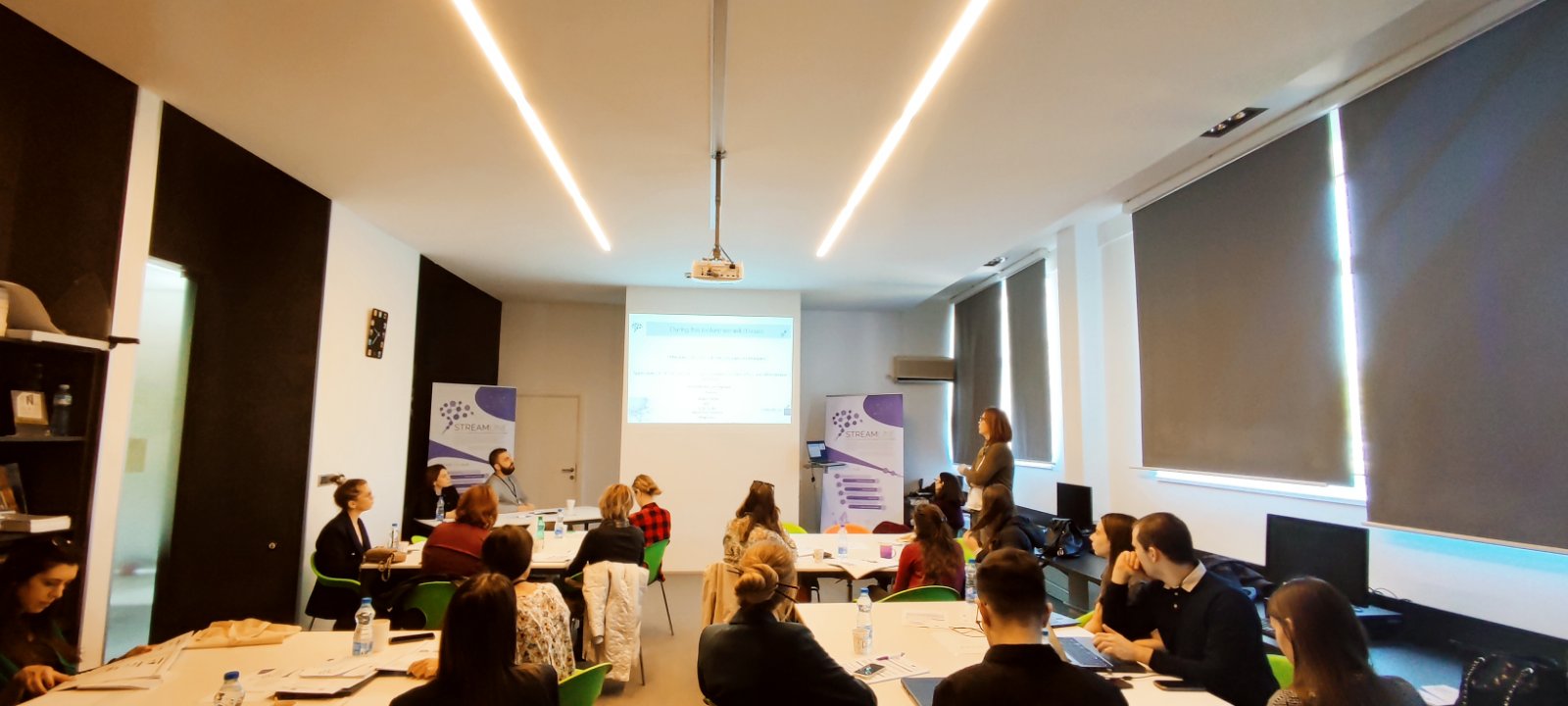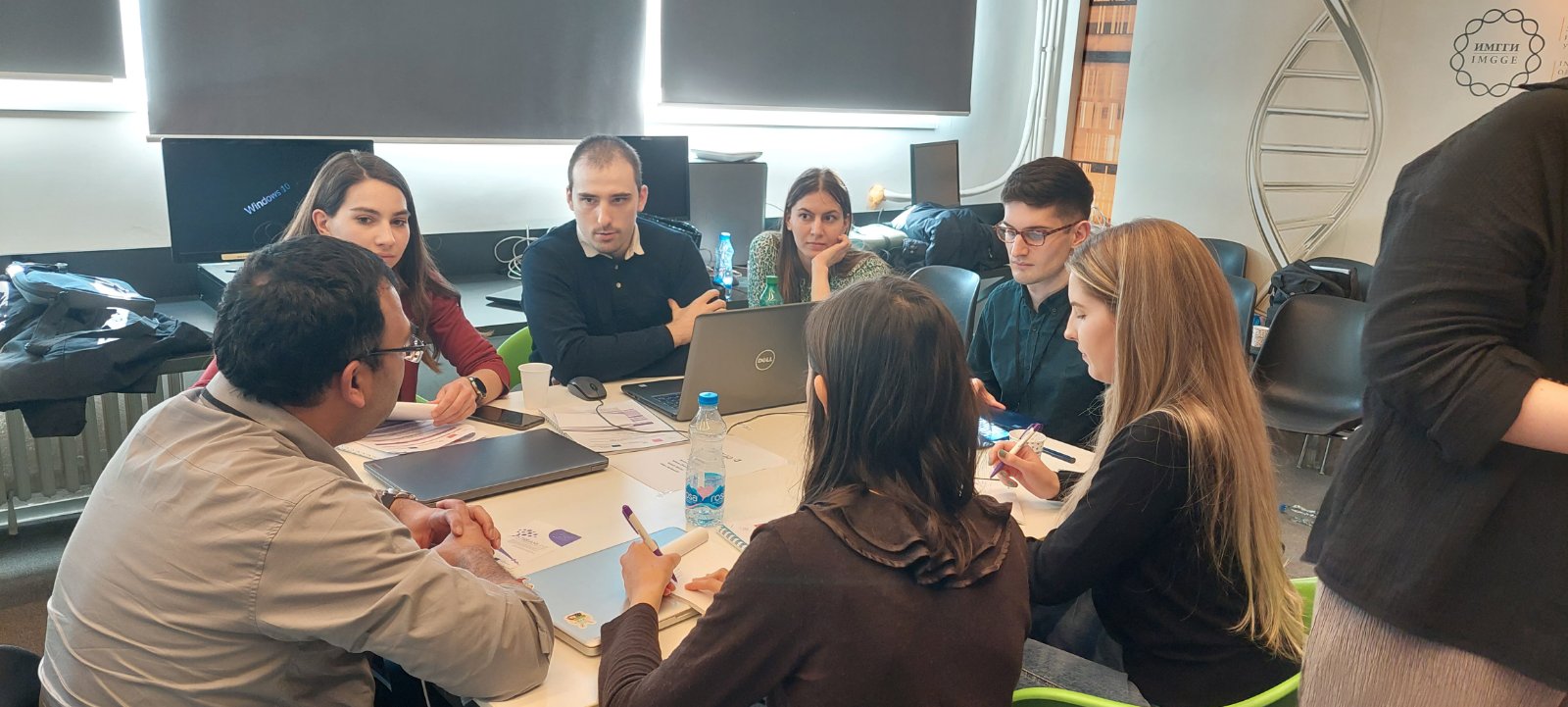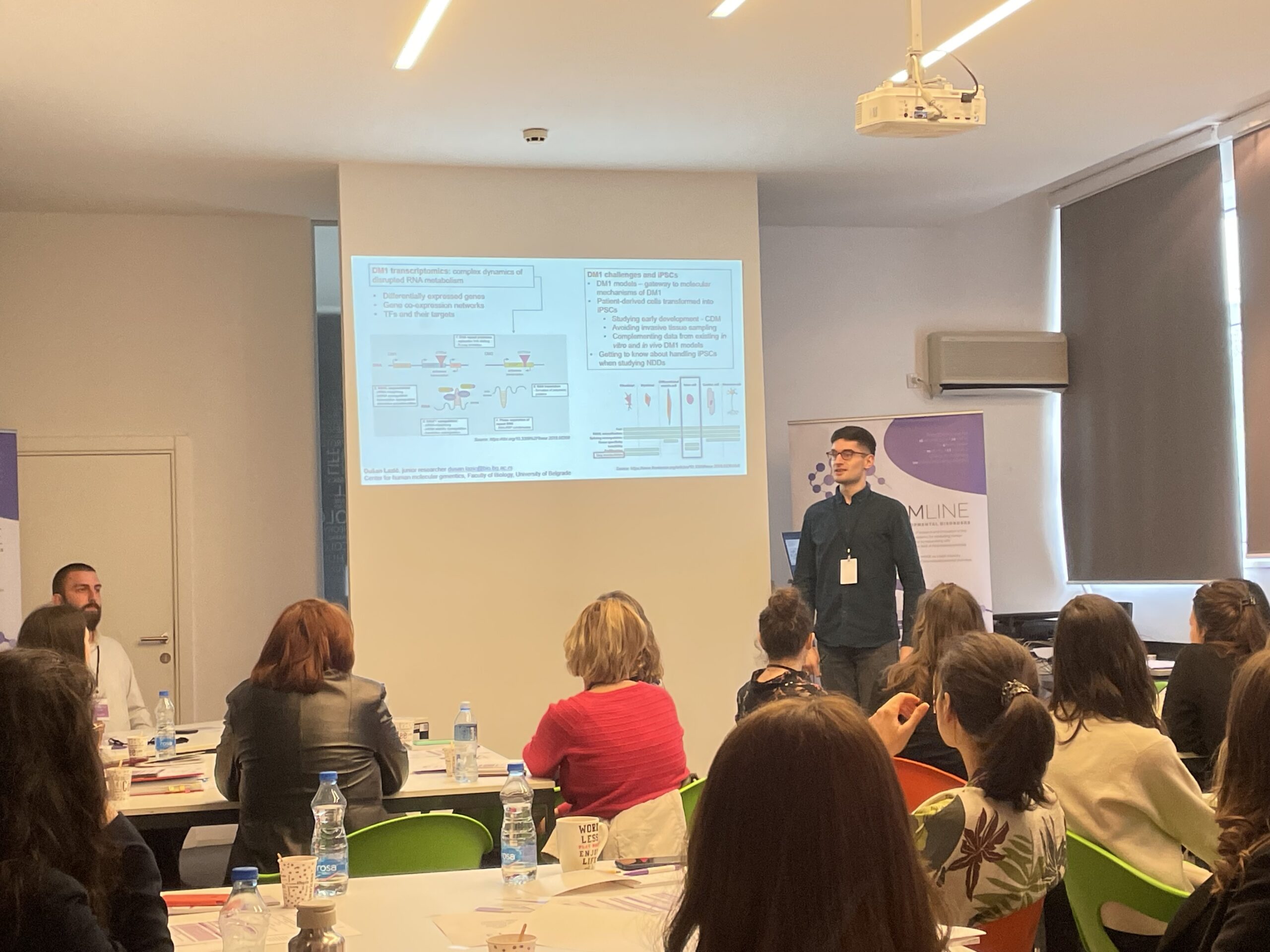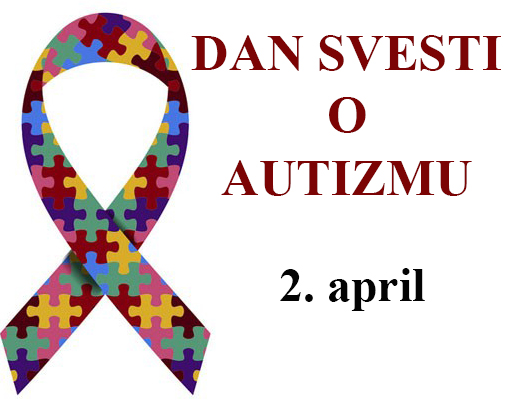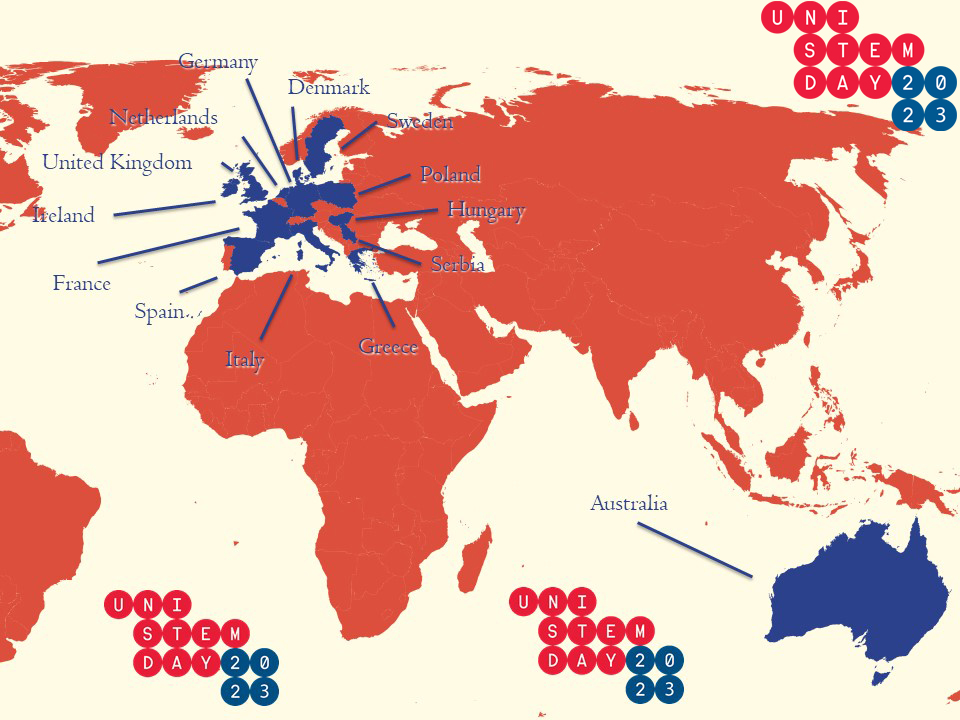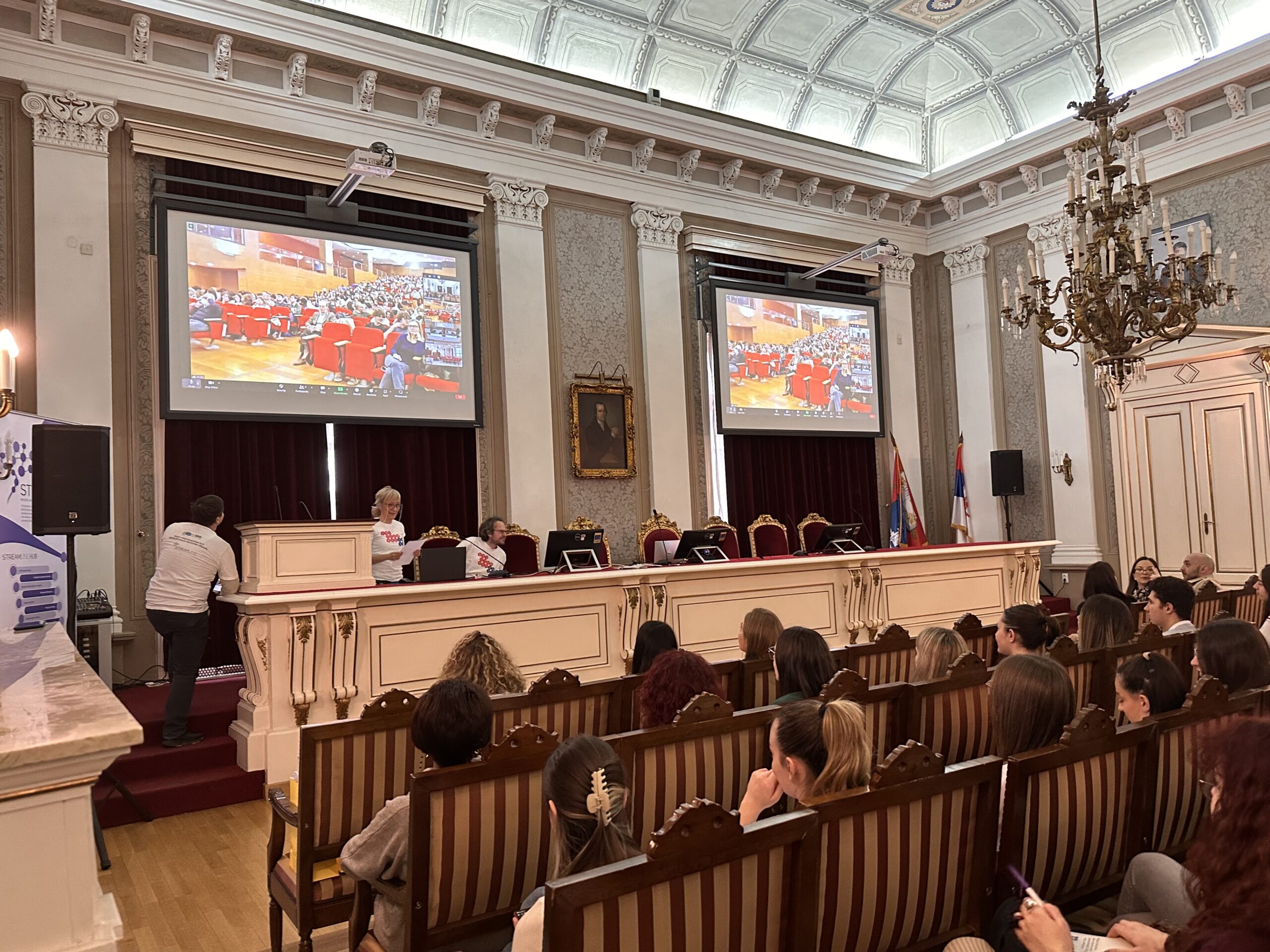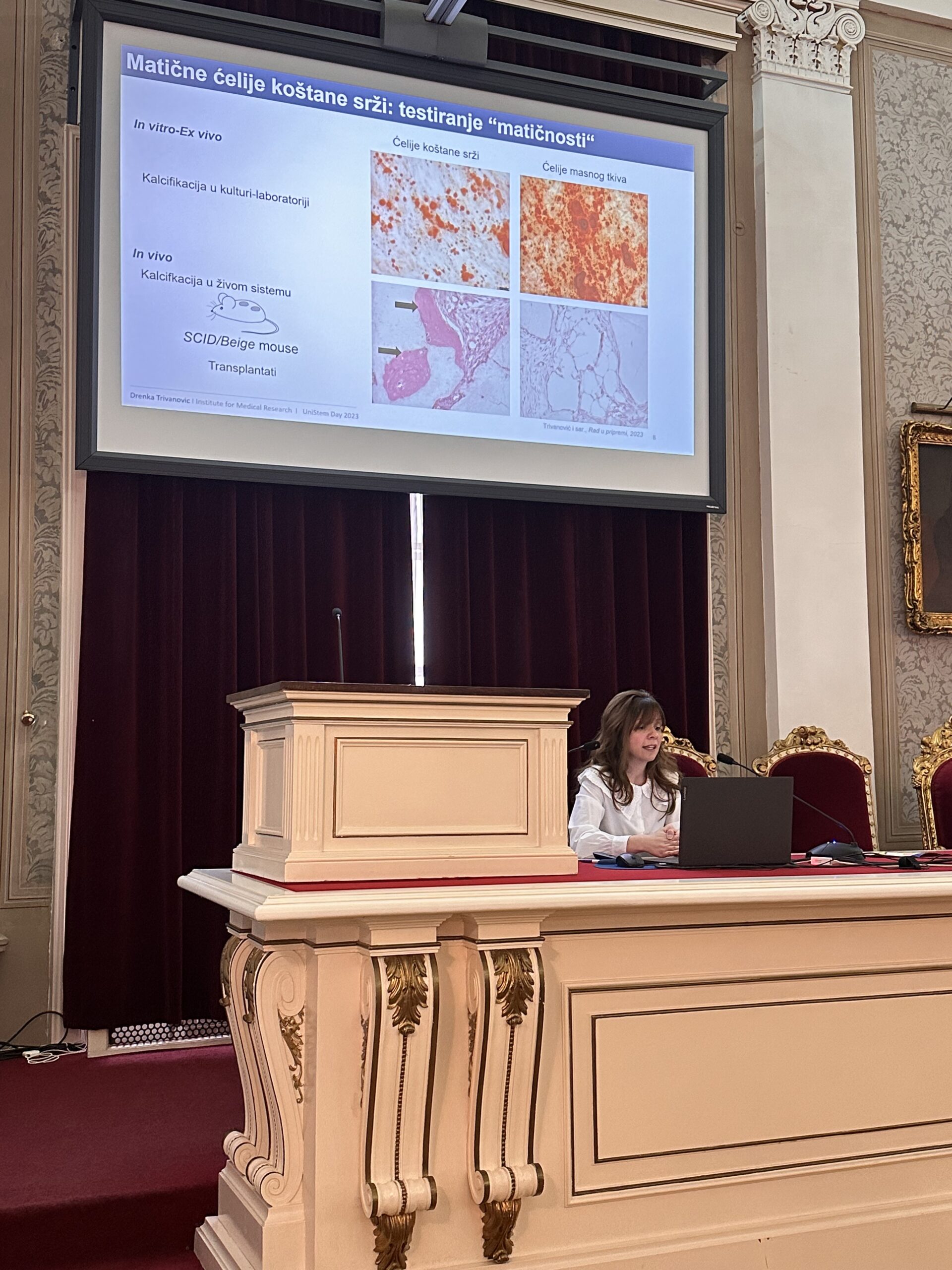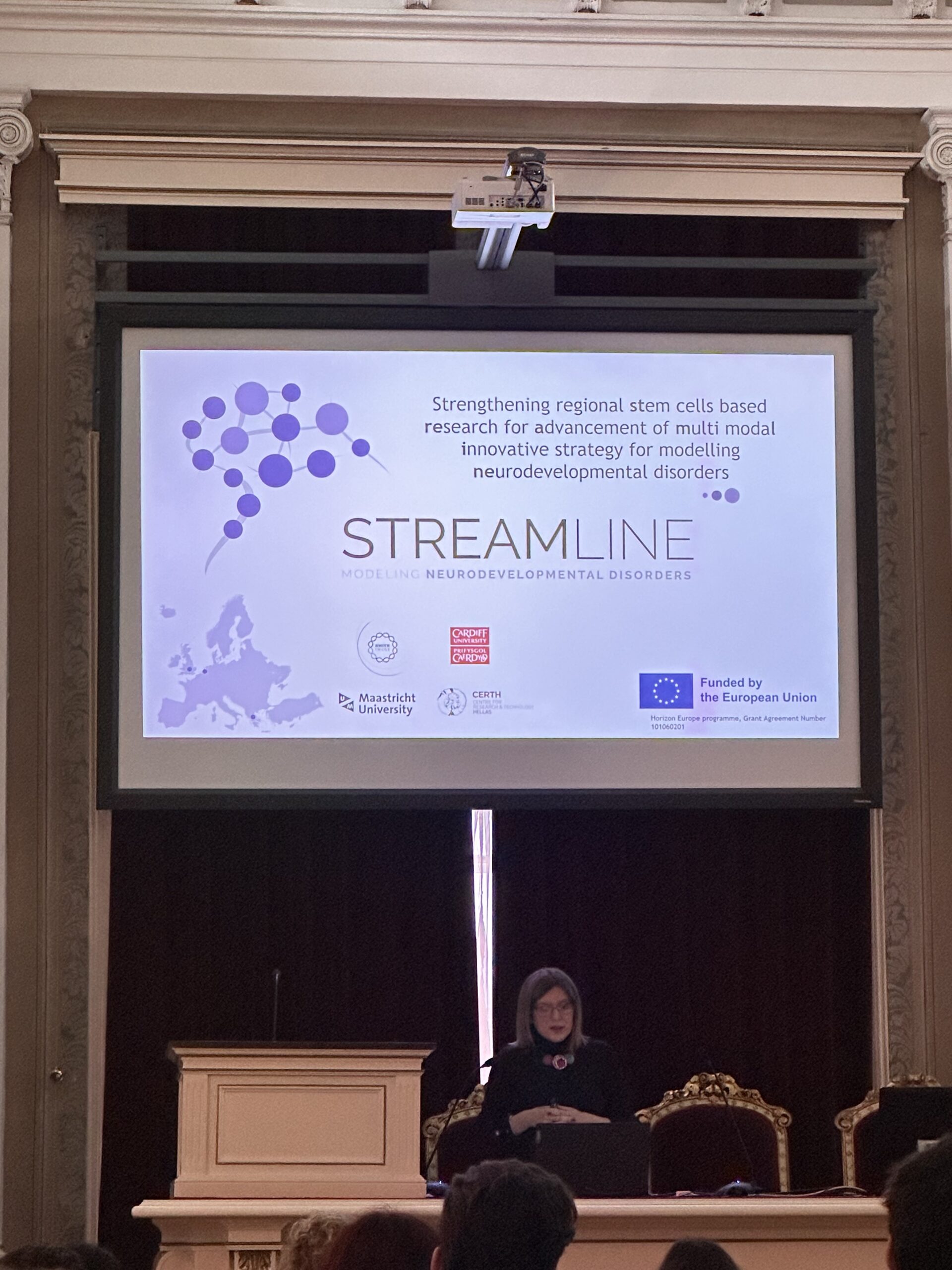STREAMLINE 2nd Symposium
On Saturday, September 9th, the second Symposium entitled “22q11.2 Deletion Syndrome – 20 years of diagnostics and research in Serbia” was organized within the STREAMLINE project. This event gathers around families of patients with 22q11.2 deletion syndrome, and also experts in this area, giving them a chance to discuss about latest advances related to this syndrome.
The day started with Dr. Goran Čuturilo and Dr. Danijela Drakulić talking about two decades of 22q11.2 Deletion Syndrome diagnostic and research in Serbia. The opening speech was followed by presentations from representatives of National organization for rare diseases of Serbia (NORBS) and “22q ex YU”, Milica Perić and Vesna Vujičić, who talked about the current activities of their associations. Afterwards, clinicians from the University Children’s Hospital Tirsova, assist. dr Igor Stefanović, dr Srđa Janković and psychologist Sara Bečanović, gave their scientific talks with some practical advices.
STREAMLINE team members spent this wonderful day with patients and their families, enjoying the nature, watching animals and riding horses. This was a great opportunity to better understand the life of patients with 22q11.2 deletion syndrome and their daily struggles, but also to become familiar with their way of thinking and their many talents. Perhaps the most important thing is that this Symposium enabled parents who share the same problems to exchange experiences, to broaden perspectives, and create new contacts.
At the end of the Symposium, the impressions of participants were very positive and some of the people who attended shared their experience on social media, documenting activities and the wonderful atmosphere of this Symposium within STREAMLINE project.
For me, meeting of the families with 22q11 microdeletion children has always been traumatic. But, here I am today smiling and happy! A unique opportunity to meet parents and children with this syndrom from all over Serbia and to finally meet doctors in person and discuss with them. No trauma 💪👊 Our children have grown up. The great parental odyssey and the experience of life as a soldier are behind us. We are ready to share our knowledge and experience with young people becoming parents and to make their everyday life as easy as possible! These children are the most beautiful flowers. Nothing less ❤️🌷 Well done Ančika. Well done Andrija. Long live the life!
Ana Knežević - President of inclusive center “Here’s a hand”
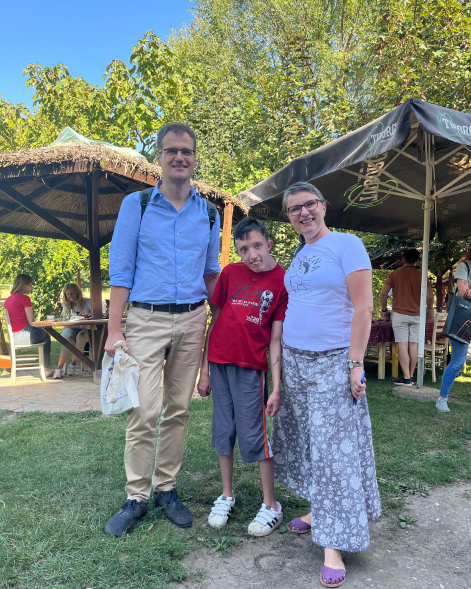
Za mene je susret porodica dece 22q11 mikrodelecije uvek bio traumatičan. Evo me danas nasmejana i srećna! Jedinstvena prilika da se sretnemo iz cele Srbije i da otvoreno razgovaramo sa lekarima i da se konačno lično upoznamo. Traume bez 💪👊 Deca su nam porasla. Iza nas je velika roditeljska odiseja i ratno iskustvo. Spremni smo da svoja znanja i iskustva podelimo sa mladim roditeljima i da im olakšamo svakodnevicu koliko toliko! Ova su deca najlepši cvetići. Ništa manje ❤️🌷Bravo Ančika. Bravo Andrija. Živeo život!
Ana Knežević - Predsednica udruženja Evo ruka
We would like to take the opportunity to thank everyone for supporting our Symposium and STREAMLINE project thus far and we are looking forward to host another gathering soon.



